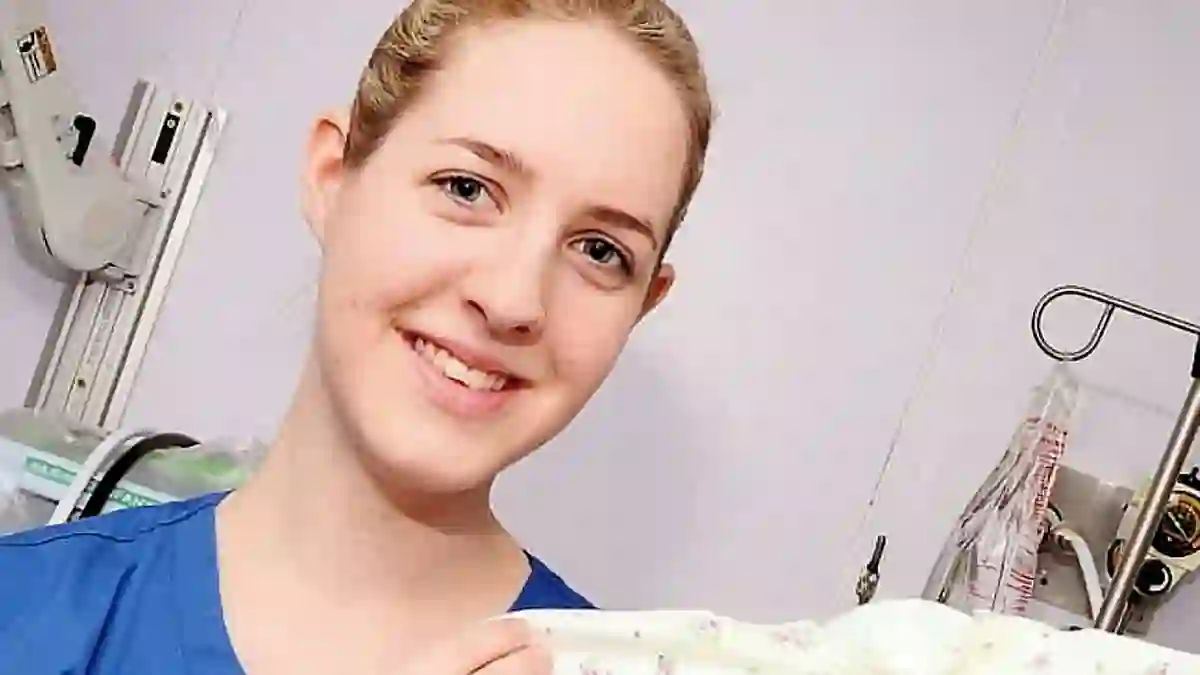Lucy Letby, the convicted nurse behind one of Britain’s most notorious serial killer cases, is reportedly under constant surveillance at HMP Bronzefield.
Guards are said to check on her every 15 minutes as part of an enforced ACCT (Assessment, Care in Custody, and Teamwork) order.
This system is usually aimed at prisoners at risk of suicide or self-harm, but in Letby’s case, it appears to be partly for her protection amid concerns that fellow inmates might target her.
Isolation and Mockery Behind Bars
The 35-year-old, who is serving multiple life sentences for murdering seven babies and attempting to murder eight others at the Countess of Chester Hospital, has allegedly been “mercilessly mocked” in Unit Four of Bronzefield.
Sources suggest her fellow prisoners reacted strongly to documentaries highlighting her crimes.
There are also claims that Letby may believe she could be released soon, which has fueled additional precautions.
An insider told The Sun: “It’s mostly comments at this stage, but prison bosses worry it could escalate.
Another concern is that she seems to think she’ll be out soon.”
Life Sentences and Global Attention
Letby was sentenced to 15 life terms after a high-profile trial at Manchester Crown Court.
While she was found guilty of murdering seven babies and attempting to kill eight more, she was cleared or left with unresolved verdicts in relation to another four children.
The case has attracted worldwide attention, prompting documentaries, public debate, and calls for re-examination from figures like former Health Secretary Jeremy Hunt.
Her legal team has referred her convictions to the Criminal Cases Review Commission (CCRC), though two appeals to the Court of Appeal have already been rejected. Letby has maintained her innocence throughout.
Enhanced Prisoner Status and Daily Life
From the moment she arrived at Bronzefield in November 2020, Letby was fast-tracked to “enhanced” prisoner status, largely for her own safety.
Enhanced prisoners receive £33 per week for the prison canteen, compared to £19.80 for standard prisoners and £5.50 for those on basic status.
She remains in Unit Four among 527 inmates, a unit dedicated to high-risk prisoners.
Unlikely Alliances Behind Bars
Inside the prison, Letby has reportedly formed a cautious relationship with fellow inmate Beinash Batool, serving a 33-year sentence for the murder of her stepdaughter.
While neither woman is considered friends, the two are said to share a quiet solidarity over their horrific crimes, occasionally playing cards together.
Their prison “jobs” — Batool managing the unit library and Letby handling cleaning — have caused some tension with other inmates.
Questions and Controversy Surrounding the Case
Following Letby’s conviction, the Thirlwall inquiry investigated how she was able to commit the crimes.
Despite a “whole life order” handed down in August 2023, some doctors, scientists, and legal experts continue to raise doubts about the evidence and the fairness of the trial.
Her new barrister, Mark McDonald, is presenting fresh evidence to the CCRC in hopes of a third appeal, gathering input from 14 neonatal and pediatric experts.
Lawyers representing the victims’ families have dismissed these findings as a rehash of the original defense.
Meanwhile, new allegations about infant deaths at hospitals where Letby worked have also been submitted to Cheshire Police.
Media Spotlight and Public Scrutiny
A recent documentary, Lucy Letby: Beyond Reasonable Doubt?, has reignited public debate.
The show revealed previously unseen photos of Letby at a friend’s wedding while on bail.
Her friend, Dawn, who has supported her for years, insisted Letby was innocent and dismissed suggestions that scribbled notes found in her home were confessions, claiming they were a method learned in peer-support training to manage anxiety.
Karen Rees, former head of urgent care nursing at Countess of Chester Hospital, reflected on the high infant mortality rates during Letby’s tenure, noting how shocking the events were for hospital staff.
Rees described Letby as devastated by accusations, contrary to perceptions of her as cold or unfeeling.
The Legal Battle Continues
McDonald acknowledged in the documentary that even with expert backing, the appeal could still be refused on technical grounds if courts determine the objections should have been raised during the original trial.
He questioned the logic of letting someone remain imprisoned if evidence pointing to possible innocence is ignored.
Commentators like Peter Hitchens have called for the case to be reopened immediately, citing the documentary’s revelations and the weak prosecution case.
As debate rages, Letby remains in Bronzefield, under constant watch, with her legal future still uncertain.



